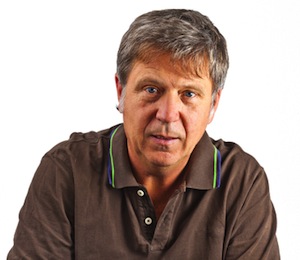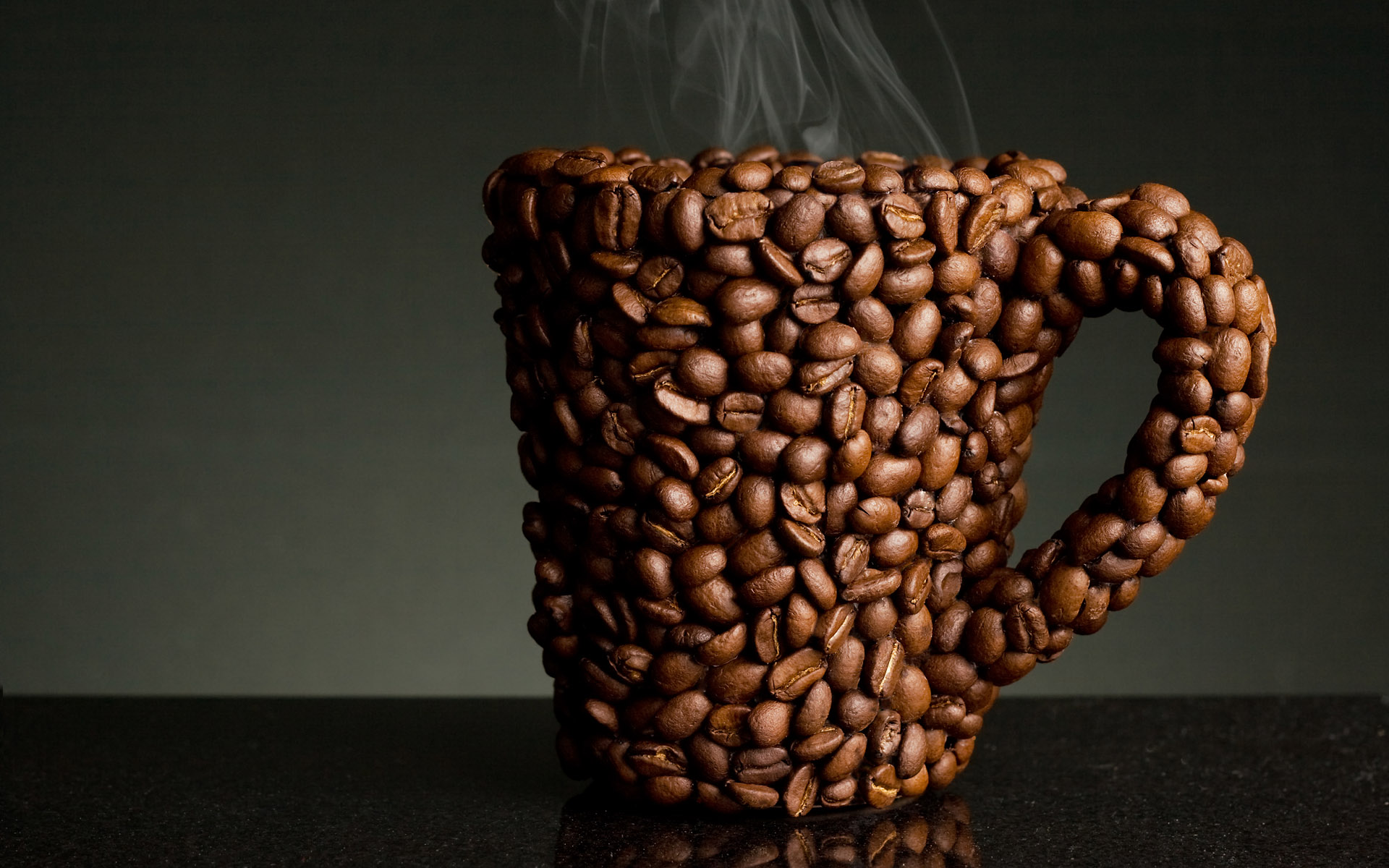Guest Writer for Wake Up World
Stereotypically, men are notoriously bad at addressing their health concerns. If something hurts, they opt to tough it out. If a preventative procedure is uncomfortable, they put it off. It seems that the more “embarrassing” a problem is, the more likely it is to be ignored. As a guy, I understand the phenomena but I don’t recommend anyone follow it. Everyone needs to be in charge of his (or her) own health.
Part of the reason for the shyness is the lack of dialogue about these things. Now, I’ve been in social situations with groups of women who seem to have no qualms about describing every single detailed aspect of their pregnancy, childbirth, menstrual cycles, prolapse, menopause, and digestive disorders. Whether or not this stuff is good conversation material is subjective, but there is something to be said about the sharing of information that women tend to participate in. I’ve never once been in the same situation and heard a man talk about his erectile dysfunction.
Guys, we’re all physical beings and, at the base level, it’s just chemistry and biology. While it’s not necessary to announce your experiences with hemorrhoids at the dinner table, it is necessary to appropriately address health concerns in a timely manner. For your own good, literally, we all need to understand how our bodies work and how they will change over time. All men, especially those approaching (or at) middle age, need to be aware of andropause, or “male menopause.” If you haven’t heard of it, get ready, because it may be coming.
[pro_ad_display_adzone id=”110028″]
1. What is Male Menopause?
As men age, blood testosterone levels begin to decrease. Male menopause, or andropause, is the term used to describe the age related decrease of testosterone and symptoms that result.
Given the name, some people may think male menopause as the same as the menopause women experience, but there are key differences. Whereas menopause is usually marked by a complete halt of hormone production, andropause can be much more gradual in its onset. It can also be tricky to diagnose as testosterone levels can have multiple influences. A clinical diagnosis is usually made by testing for bioavailable testosterone. [1]
2. What are the symptoms of male menopause?
In general, symptoms of andropause are physical, mental, or sexual. A drop in testosterone can cause losses in muscle and bone mass, and overall physical function.[2] According to Memorial Sloan-Kettering Cancer Center, low testosterone has been linked to cognitive problems in older adults.[3] Additionally, the Division of Geriatric Medicine at the St. Louis Missouri University Health Sciences Center notes that sexual health symptoms of andropause include reduced libido and erectile dysfunction.[1]
3. At what age does male menopause typically start?
A Veterans Affairs Medical Center survey reported that men age 51-60 were most likely to experience the symptoms of male menopause. Again, the likely symptoms were sexual (impotence), physical (weakness), and cognitive (memory loss). Also, smoking cigarettes can spark male menopause symptoms even sooner. [4] By some accounts, at least 25% of men over age 70 experience testosterone deficiency. [5]
4. Can men experience hot flashes?
When testosterone levels are low, it can happen. One course of treatment for prostate cancer is androgen deprivation therapy (ADT), the suppression of male hormones. This is done to prevent the cancer from growing. Unfortunately, it may also instigate symptoms of male menopause. A 2012 English study involving 21 men who were receiving ADT found that hot flashes and night sweats were among most common negative side effects reported.[6]
5. Are any herbal remedies used to address the symptoms of male menopause?
Medicinal plants and herbs have been used across the world for hundreds, if not thousands, of years to support human health, including for symptoms of male menopause. In 2012, researchers at Italy’s University Federico II of Naples evaluated the effect of a natural compound containing Tribulus terrestris, a plant used in folk medicine. Within two months, male participants reported improvements in sexual function and quality of life. [7]
In traditional Brazilian medicine, Muira puama is used to enhance physical and sexual performance by stimulating and energizing the body and acting as an aphrodisiac. Weider Nutrition International, brainchild of the late great Joe Weider, has released information stating that Muira Puama is an herb used to boost physical performance.[8]
In Ayurvedic medicine, ashwagandha is used to promote physical and mental health, rejuvenate the body, and increase longevity. Additionally, the plant is an anti-stress aid, which may offer support to men whose dysfunctions are also related to stress.
Eurycoma longifolia Jack, more commonly known as Tongkat Ali, has been used to increase male virility and sexual prowess. A Malaysian study found that a Tongkat Ali extract helped to significantly improve sperm quality. [9]
Male Menopause: How Do You Deal?
Are you, or someone you know, experiencing the symptoms of andropause? Were you prepared or was it a surprise? What has been the hardest part? How have you found to deal with it? Please, leave a comment and share your experiences.
Article References
- Morley JE. Andropause, testosterone therapy, and quality of life in aging men. Cleve Clin J Med. 2000 Dec;67(12):880-2. http://www.ncbi.nlm.nih.gov/pubmed/11127982.
- Horstman AM, Dillon EL, Urban RJ, Sheffield-Moore M. The role of androgens and estrogens on healthy aging and longevity. J Gerontol A Biol Sci Med Sci. 2012 Nov;67(11):1140-52. http://www.ncbi.nlm.nih.gov/pubmed/22451474.
- Mitsiades N, Correa D, Gross CP, Hurria A, Slovin SF. Cognitive effects of hormonal therapy in older adults. Semin Oncol. 2008 Dec;35(6):569-81. http://www.ncbi.nlm.nih.gov/pubmed/19027461.
- Tan RS, Philip PS. Perceptions of and risk factors for andropause. Arch Androl. 1999 Nov-Dec;43(3):227-33. http://www.ncbi.nlm.nih.gov/pubmed/10624507.
- Seidman SN. Androgens and the aging male. Psychopharmacol Bull. 2007;40(4):205-18. http://www.ncbi.nlm.nih.gov/pubmed/18227789.
- Grunfeld EA, Halliday A, Martin P, Drudge-Coates L. Andropause syndrome in men treated for metastatic prostate cancer: a qualitative study of the impact of symptoms. Cancer Nurs. 2012 Jan-Feb;35(1):63-9. doi: 10.1097/NCC.0b013e318211fa92. http://www.ncbi.nlm.nih.gov/pubmed/21558849.
- Iacono F, Prezioso D, Illiano E, Ruffo A, Romeo G, Amato B. Observational study: daily treatment with a new compound “Tradamixina” plus serenoa repens for two months improved the lower urinary tract symptoms. BMC Surg. 2012;12 Suppl 1:S22. http://www.ncbi.nlm.nih.gov/pubmed/23173650.
- Bucci LR. Selected herbals and human exercise performance. Am J Clin Nutr. 2000 Aug;72(2 Suppl):624S-36S. http://www.ncbi.nlm.nih.gov/pubmed/10919969.
- Tambi MI, Imran MK. Eurycoma longifolia Jack in managing idiopathic male infertility. Asian J Androl. 2010 May;12(3):376-80. http://www.ncbi.nlm.nih.gov/pubmed/20348942.
Previous articles by Dr Edward
- The Health Benefits of Cloves
- Tribulus Terrestris: Herbal Aphrodisiac?
- Top 10 ProBiotic Foods to Add to Your Diet
- 10 Foods That Detox the Body
- The Benefits of Organic Hemp Milk + How to Make Your Own
- 15 Foods High in Vitamin E
- Lung Cleansing With Peppermint Oil
- How to Flush the Liver
- Natural Remedies For Bad Breath
About the Author
Dr. Edward F. Group founded Global Healing Center in 1998 and is currently the Chief Executive Officer. Heading up the research and development team, Dr. Group assumes a hands-on approach in producing new and advanced degenerative disease products and information.
Dr. Group has studied natural healing methods for over 20 years and now teaches individuals and practitioners all around the world. He no longer sees patients but solely concentrates on spreading the word of health and wellness to the global community. Under his leadership, Global Healing Center, Inc. has earned recognition as one of the largest alternative, natural and organic health resources on the Internet.
[pro_ad_display_adzone id=”110027″]







